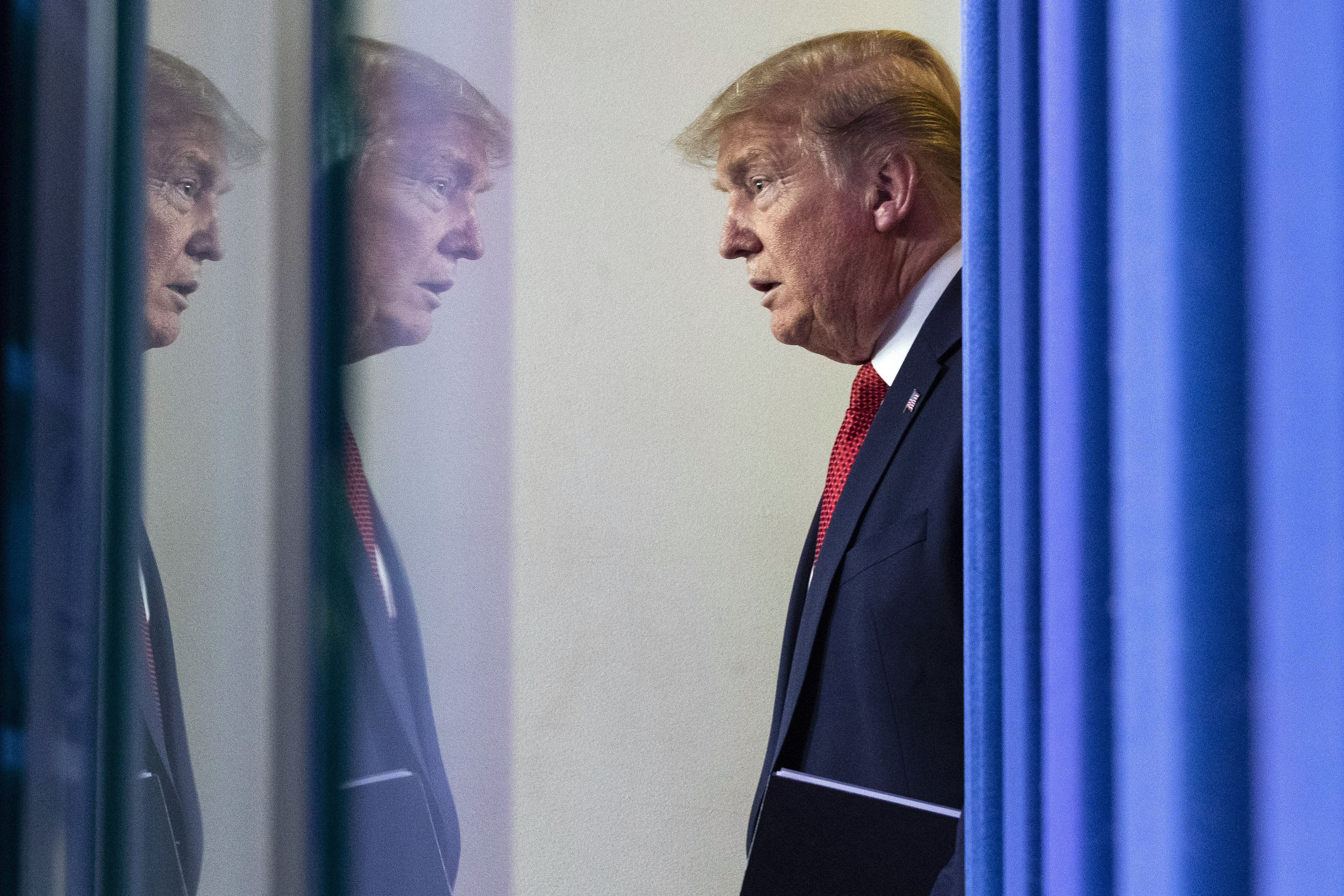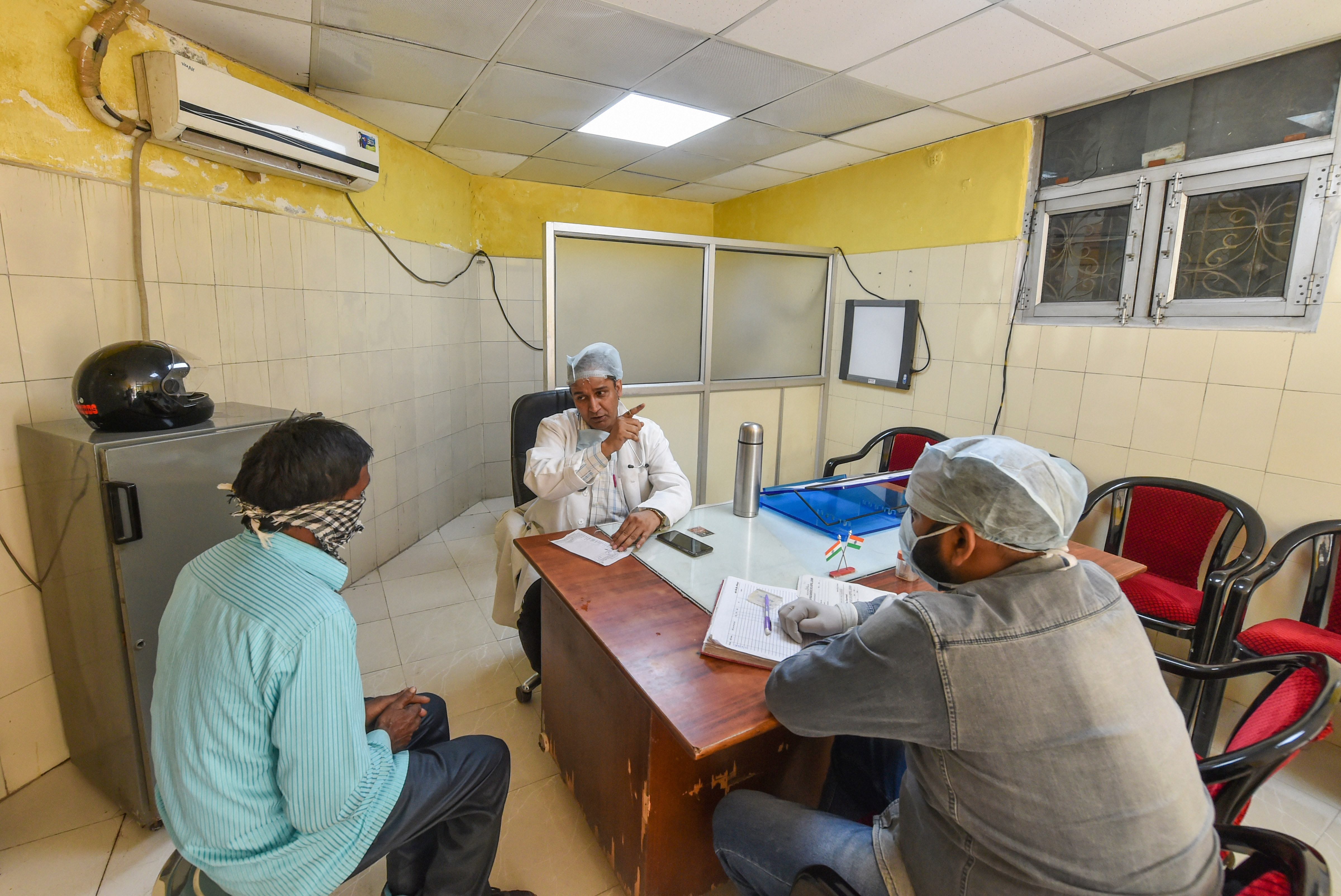POTUS has worked so hard throughout his term to denude his own credibility that when he pointed the finger at the World Health Organization (WHO) last week for doing a bad job of managing the pandemic, all fingers pointed back at him. And now his typical petulance — he has choked funds to WHO — is being dubbed by global experts as a diversionary tactic. And while that may well be the case, the question is worth probing — did WHO, based solely on information it put out, do its honest best to help the world fight COVID-19?
The Run-Up
In its What We Do section, the international agency claims its job is to prepare for emergencies by identifying, mitigating and managing risks. Now go to the WHO online Newsroom. December 31, 2019. Two sentences on a novel coronavirus identified in China's Wuhan area. 2020 begins on an aggressive note with the announcement of a multi-tiered Incident Management Support Team that is supposed to work on 'emergency footing'. Four days later, in its communique to the scientific and health community and world media, WHO does not recommend any specific measures for travellers. In fact, it advises against the application of any travel or trade restrictions on China based on the current information available. Five days later, another advisory and once again it omits to recommend specific health measures for travellers.
The Naming of a Pandemic
On January 12, China shares with the world the genetic sequence of Covid-19. The day after that, WHO alerts all about the first recorded case outside of China, in Thailand. The day after that, it says something about human-to-human transmission for the first time and also notes there is a risk of a possible wider outbreak. On January 28, director-general of WHO, Dr Tedros Adhanom Ghebreyesus, meets President Xi Jinping in Beijing. Mind you, till Jauary 23, the Wuhan airport is functional. And by then reportedly five million residents have already left Wuhan. In the second week of February, health experts from all over travel to Geneva to brainstorm. On February 25, Switzerland reports its first confirmed case. And on March 11, WHO decides to call coronavirus a pandemic.
Not WHO. HOW
This is not about Trump. And this is not about a witch-hunt. But this is also not the first time that WHO has been blamed for not acting swiftly enough. It has been said in the past, during the 2014 Ebola outbreak in West Africa, that it took the organisation awhile to react to the pandemic. The then director-general, Margaret Chan, said publicly that in retrospect WHO could have mounted a more robust response. If an organisation has been set up with the avowed purpose of being health watchdog for the world, it better bark louder even if it cannot bite.
WHOOF!













